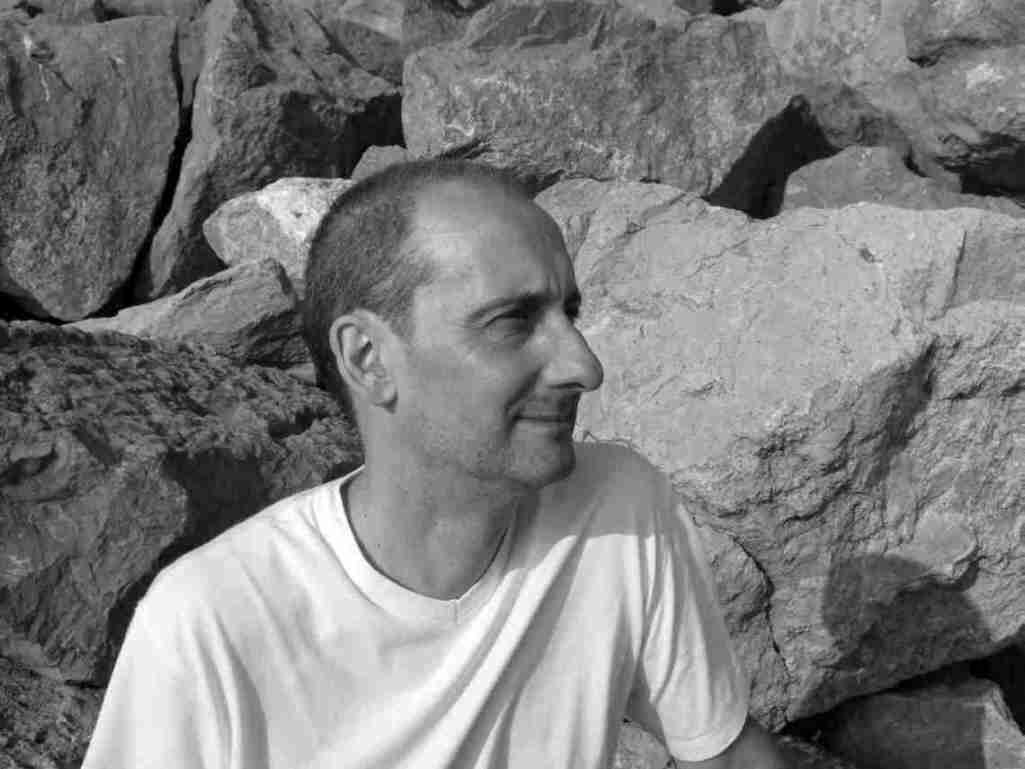
That day it was, on the Saughall Massie Road with Janet, when he found the white campion on the windy hill, it was the only sound to break the stillness, the traction engine, and the sleep-shattering fall of white stones. Afterwards they had tea at Hubbard and Martin's, in Grange Road.....
Ultramarine
Lowry includes many scenes in his early novel Ultramarine, in which the main character Dana Hilliot recalls his youthful courting of Janet, including their walks around the Wirral. These walks probably reflect the same journeys made by Lowry and his young love Tess Evans.
In the 1920's, the urban sprawl was only just beginning its pervasive journey across Wirral reaching out to the ancient villages of the Wirral including Saughall Massie. Saughall Massie could have been reached by taking a bus from Birkenhead to Upton and then walking down Saughall Massie Road seen on the right in the photograph below. Saughall Massie Road originally ran from the what are now the crossroads in Upton to the village to Saughall Massie Village.

Saughall Massie Road was once a Turnpike, a privately owned road on which a toll is charged, the toll house was located on the land opposite Greenbank. The road was re-aligned in the 1960s, it originally followed the wall of Upton Convent round the corner into the village.
Or the young couple may have walked from West Kirby towards Upton crossing the many footpaths which still traverse the fields of the northern Wirral.

The name de Massie, de Massey or de Mascy has been connected to the Wirral since the time of the Norman Conquest. Baron Hamon de Mascey, whose family came from the settlement of Mascey near Avranches, Normandy, established Birkenhead Priory in 1150. His relations, the Masseys of Sale, settled on the Wirral during the reign of King John were supposed to have given their name to Saughall Massie. It is also supposed that the name Saughall Massie means "Willow-tree nook of land".
The land around Saughall Massie is flat and lies between a ridge to the east on which Upton sits and the hills to the west which run from West Kirby down to Heswall. The hill Lowry is referring to in the above passage is most likely the ridge on which Upton sits.

A clue to the exact position is perhaps given away by his reference to the campion flower. The white campion is also known as the Grave Flower or Flower of the Dead in parts of England as they are seen often growing on gravesites and around tombstones. The highest point on the ridge upon which Upton built is the ancient site of Overchurch Hill.

Overchurch was the site of a Saxon church and in turn a Norman church demolished in the 19th Century though the graveyard still exists. The hill on which the church once sat is overgrown with tall trees now but in the 20's was a much more open aspect and would have been attractive for courting couples to gaze out over the North Wirral coast.

The young couple could have taken a bus back to Birkenhead from Upton in order to visit Hubbard and Martin's, which was a popular meeting place in the central shopping area of Birkenhead in the 1920's. The cafe was near to the Hippodrome Theatre in Grange Road which Lowry frequented in the 1920's.







No comments:
Post a Comment